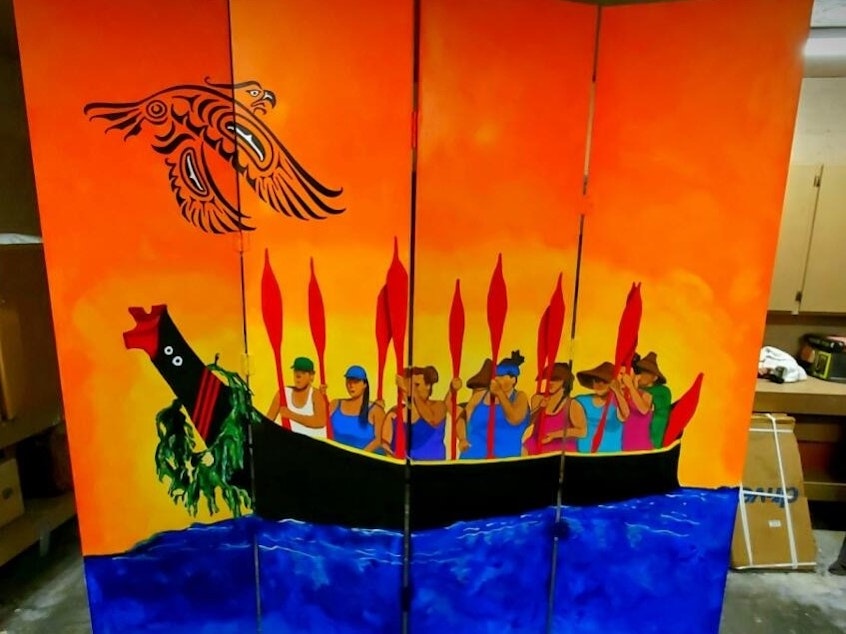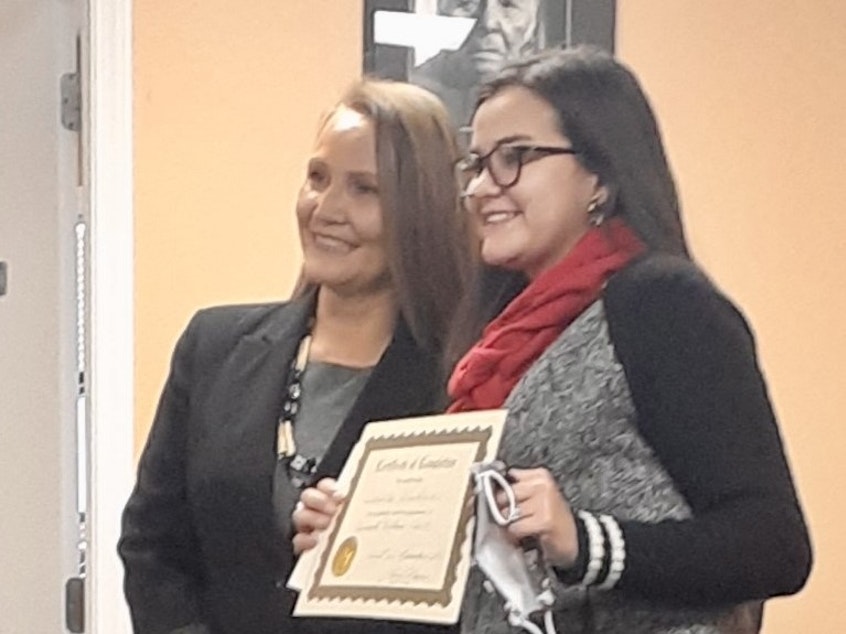NW tribes use DOJ grants to support teens, jail alternatives

Support for youth, and access to drug treatment for adults are some of the services that Northwest tribes want to expand.
They just got a big push to do just that.
Last month, the U.S. Justice Department awarded $8.5 million in grants to eight Northwest tribes. Half the tribes got funding to focus on healing and support for their teenagers. And that’s notable according to the U.S. Attorney for Western Washington, Nick Brown.
“In years past you did not see such a concerted effort to fund programs that were specifically around juveniles and teens,” he said.
These recipients include: the Confederated Tribes of the Chehalis Reservation; the Nooksack Tribe; the Port Gamble S’Klallam Tribe; the Puyallup Tribe; the Quinault Indian Nation; the Skokomish Tribe; the Squaxin Island Tribe; and the Tulalip Tribes.
Brown said a number of the grants also fund alternatives to the traditional criminal justice system.
“In many cases tribes have been ahead of the curve for the locals, and certainly ahead of the curve for the federal government,” he said.
Sponsored
The Port Gamble S’Klallam Tribe will use grant funding to expand “reentry services for previously incarcerated tribal members,” according to the DOJ. The Tulalip Tribes will expand and improve the “Healing Lodge for drug treatment.”

The Quinault Indian Nation will receive $1.4 million to expand its “wellness courts,” which direct people with substance use disorder to treatment rather than jail.
Leona Colegrove is Chief Judge for the Quinault Nation and helped apply for those grants. She said she’s seen amazing personal transformations in the existing program, even from people who may not have expected to succeed at the outset.
Colgrove said it's rewarding to see some of the participants "for the first time ever, be sober for an extensive period of time, take on jobs, do community service, help community members, go get an elk for an elder … become a viable community member for the first time in their lives."
"If I could just develop all wellness courts across the world that’s all I would do, it’s that amazing," Colegrove added. "And just so that you know, I’m not a bleeding heart; most people will tell you I’m a complete hard ass." She added, "But I believe that people can change, given the right resources and services."
Sponsored
Colegrove said the grant will help launch planning efforts for the Quinault Nation to create “wellness courts” focused on teens who are absent from school, a problem she has tried to grapple with since joining the tribal court on a permanent basis last spring.
“When kids aren’t going to school there’s a reason for it, there are underlying reasons for it. Kids are going hungry, there’s problems in the home. We need to figure out what those are,” she said. The goal of the grant is to keep young people in school, and away from encounters with police.
Colegrove said she also plans to establish a “wellness court” to serve families whose children are at risk of being placed in foster care. She said she currently operates one in her other job, as chief judge for the Hoopa Valley Tribal Court in California. She said it’s an alternative to so-called “dependency cases” where children are removed from their parents and the case is overseen by child welfare caseworkers. Colegrove called that a “broken, horrible system” that makes it difficult for families to be reunited.
In Family Wellness Court, she said: “you have a structure where the parent is generally able to keep their child with them because the monitoring is so much better. The court sees the family once a week as opposed to every six months. Not only is the caseworker at court, the therapist is there, the mom is there, the grandma is there.”
That, along with medical records and the results of drug tests.
Sponsored
“Any question that the judge wants answered, somebody is there to answer it. Nothing can happen without the judge knowing,” Colegrove said. “Every week the judge is able to give the parent praises for the clean drug test and parenting classes that got done. Or swiftly take action if the parent didn’t do X, Y or Z.”




